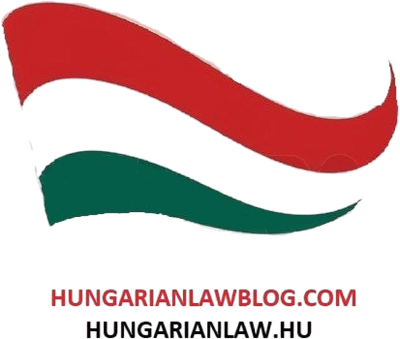Discover the procedures for reporting alleged irregularities in accordance with the Complaints Act.
Act XXV of 2023 on Complaints, Whistleblowing of Public Interest and the Rules for Reporting Abuse (hereinafter the Complaints Act) and the Whistleblowing Directive (EU) 2019/1937 of the European Parliament and of the Council require that companies with more than 50 employees and those subject to Article 1(1) and (1a) of Act LIII of 2017 on the Prevention and Combating of Money Laundering and Terrorist Financing must operate an abuse reporting protection system.
The latter category includes, inter alia, accountants, auditors, tax advisors, tax consultants, lawyers, law firms and head office service providers.
Dr. György Zalavári, attorney-at-law, points out that the above-mentioned companies must also inform employees and their service partners in a clear and easily accessible manner about the availability and functioning of their internal whistleblowing system and the procedure for reporting abuse, in accordance with the Complaints Act.
In previous articles, we have discussed in detail who should operate the internal whistleblowing system and how. This article will look at what issues and suspected wrongdoing can be covered by it.
The Complaints Act is a laconic generalisation that any information about illegal or suspected illegal acts or omissions or other misconduct can be reported to the internal whistleblowing system.
It is essential that, in order to ensure the proper use of the system, businesses provide employees with detailed information and explanations, in a verifiable manner, as to the specific cases in which complaints and reports can be made in addition to the protection afforded to the whistleblower, in the context of the seemingly general wording of the Complaints Act.
The following non-exhaustive list of possible topics for notifications will help you to fulfil this obligation:
- criminal offences (corruption, fraud, embezzlement, unauthorised financial activity, money laundering, etc.)
-fraud, corruption, financial fraud, financial irregularities, etc,
-abuses in public procurement procedures,
-insider dealing or other illegal influence on the functioning of the market,
-breaches of consumer protection rules
-breaches of any rules of conduct protecting the public interest or overriding private interests,
-violation of the employer's internal rules,
-discriminatory conduct in relation to a candidate for a position, in violation of the principle of equal rights or equal treatment,
-breach of labour law, harassment,
-violation of human rights, equal opportunities or equal treatment,
-breach of health and safety obligations at work,
-pollution of the environment, breaches of environmental standards,
-breaches of international sanctions standards,
-data protection incidents, misuse of personal data
The above list is, of course, far from exhaustive, since the concise wording of the Act is precisely intended to allow complaints to be made in the event of any unlawfulness, and the Complaints Act does not define exclusively applicable subjects for this purpose.

